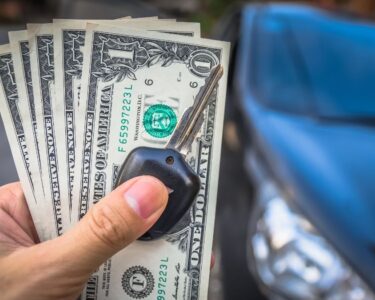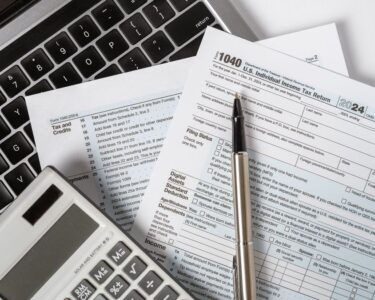Shopping on Facebook Marketplace is ideal when looking for unique items or used pieces that are cheaper than other retailers. However, like any online seller, you can easily fall victim to scams. Rather than getting sucked into a fake listing or chatting on Facebook Messenger with an unreliable seller, it’s essential to know how to spot red flags. Here, experts share easy tips for avoiding Facebook Marketplace scams and keeping yourself and your money safe.
Common Facebook Marketplace scams
Various scams are floating around on the buying and selling platform Facebook Marketplace. Often, shoppers hope to find a good deal on furniture, decor, clothing, electronics and sometimes even expensive items such as cars or apartment listings, explains Charles L. Moore Jr., Chief consumer of digital safety at Aura. Ultimately, “this gives scammers the opportunity to attempt their schemes in many different markets and targets,” he says.
Here, common Facebook Marketplace scams to look out for:
Payment scams through PayPal or Zelle

One of the most common scams on Facebook Marketplace is when someone asks if you’ll send payment through PayPal or Zelle. Since purchases are typically local, “if the buyer doesn’t want to do a cash transaction, it’s most likely a scam,” says Jeanel Alvarado, retail strategist, founder and CEO at RETAILBOSS.
Andrea Woroch, a consumer savings expert at Andrea Woroch, notes that asking to pay in advance before seeing an item is also a red flag. Don’t give them information if they ask for Zelle or Venmo,” she says. Often, you pay a seller without meeting in person, and they take the money. You’ll never receive the item.
Free items scams
Another easy way to lose out on items is by falling for vendors who advertise free goods. “Prominent high-value items like furniture, electronics or designer goods at no cost draw interest to these listings,” says Michelle Nguyen, product owner and marketing manager at UpPromote. “The catch is that purchasers must pay for shipping or provide sensitive personal information to claim the item.”
The item never reaches the buyer after the money is delivered for those costs, so you’re out money and product. Always approach any free listing cautiously and look for more information before your final purchase.
Phishing scams
While buyers often fall victim to Facebook Marketplace scams, they sometimes affect sellers as well, especially with instances of phishing. In this scenario, a buyer (scammer) will contact a seller claiming they’re interested in a listing they’re selling.
What happens is that the buyer will send an ‘authentication link’ to make sure the seller is legitimate. “It’s a reverse scam, where the buyer comes off as suspicious to throw off the seller,” says Moore Jr. “Once the seller clicks the link, the buyer can potentially gain access to the seller’s sensitive information on their phone such as email, account logins, banking information and worst of all, your identity.
Tips for avoiding scams
Whether you frequently shop on Facebook Marketplace or simply enjoy browsing, it’s important to be vigilant regarding scams. Some tips include:
- Request multiple photos: Asking for several images is the best way to confirm the validity of a listing, explains Nguyen. Usually, honest vendors have no trouble supplying extra pictures, including close-ups of any wear and tear or unusual characteristics. Additionally, she suggests asking for time-stamped images for extra security; they feature a piece of paper with the current date written on it next to the item.
- Meet in a safe location: When you’re ready to pick up your item, Moore Jr. recommends meeting in well-lit public places.
- Look out for unrealistic prices: “A big red flag on Facebook Marketplace is listings with prices much below market value,” says Nguyen. Deals are great, but sometimes things are too good to be true, and scammers will use these prices to lure in buyers. Nguyen’s advice? Investigate the typical market price for the item you’re considering before you buy. The listing is probably a hoax if it is much below this range.






